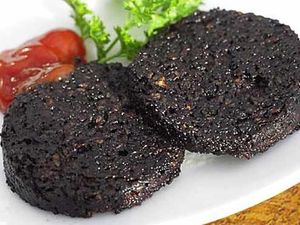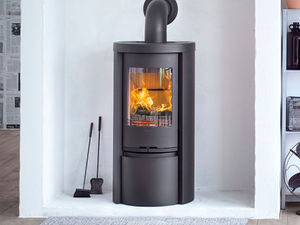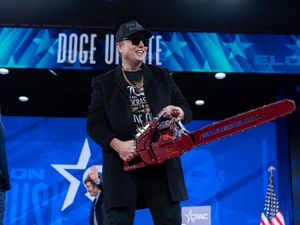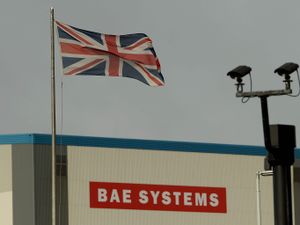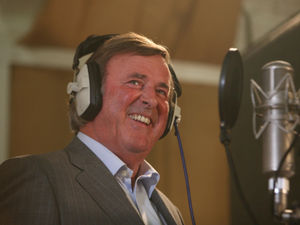Peter Rhodes on Bevin Boys, grade inflation and the nation that forgot its past
Read the latest column from Peter Rhodes.
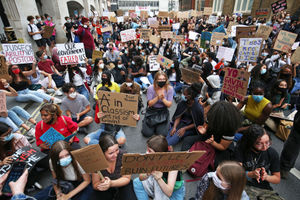
I may have been a little harsh in yesterday's column on kids whose A-level grades have fallen far below what they expected. There is clearly a glitch in the system and we need a robust appeals procedure for the minority – and it is a minority – who have been cheated.
But beware the woolly, deeply dangerous mind-set that says: “The kids have had a terrible year, so let's reward them with some generous marking based on their teachers' assessments, not some flawed algorithm.” If teachers' assessments alone had been used in England this year, the top A-level results would have shot up by 12 per cent on last year's – a bigger rise than at any time in history. And what would that produce, apart from grade inflation, the growing belief that A levels are worthless, and thousands of kids being packed off to university when they are simply not bright enough to be there?
In some English universities, more than one in six students fail to complete the first year. If we make everybody happy now by bumping up the 2020 A-level grades, we'll have lots of cheerful images of photogenic pupils jumping for joy. What you won't see, 12 months down the road, is thousands of those same kids tearfully packing their bags and quitting uni, having discovered it wasn't for them.
And who will explain to next year's Class of 2021 that they can't expect the same stratospheric grades as the Coronavirus Kids of the year before? Or will next year's grades also be inflated, to the fury of students who got “proper” grades before 2020? It is a can of worms.
Meanwhile, what are our schools teaching? A survey just before the 75th anniversary of VJ-Day, marking victory in Japan in 1945, revealed that 46 per cent of people had no idea what the initials stood for. It should never have been like this. The dream of the war generation was that their children would grow up, so aware of the horrors of war, that they would instinctively choose peace. Instead, millions of Brits are barely aware of the two world wars that shaped their families' lives. I am proud that my father was a wartime Bevin Boy. But I doubt if one in a hundred school-leavers knows what it means.
I remember the despair I heard from an expert on the Holocaust whose job was to tell secondary-school pupils about the industrial-scale internment, slaughter and incineration of European Jewry. He said some children asked who looked after the Jews' pet dogs and cats. Others wanted to know if, when people arrived at Auschwitz, they were offered counselling. This generation seemed unable to comprehend war without trying to relate it to their own modern, cosseted existence.
The Bevin Boys? They were teenagers who had a sort of gap year. Except that it went on for three years and was spent underground.

